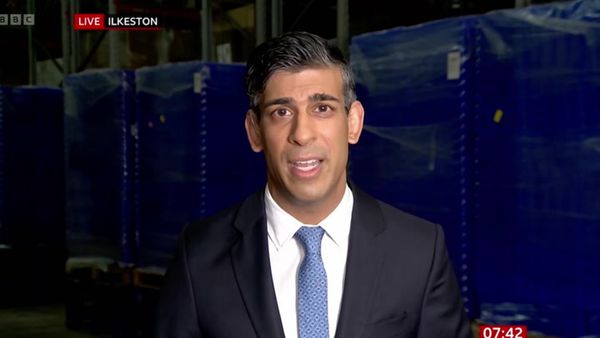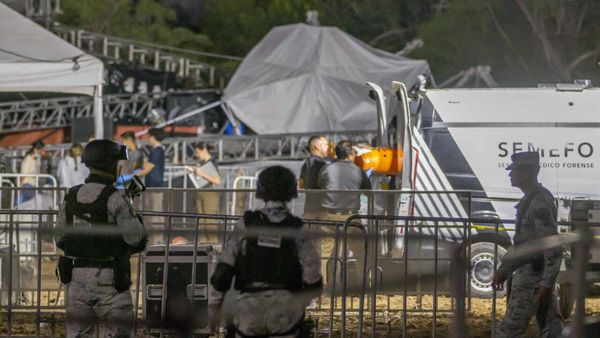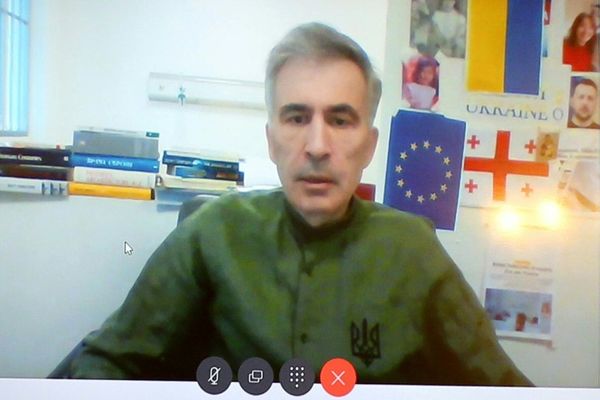
EU countries may soon be able to halt their last remaining Russian gas imports under plans to ban Russian energy companies from their pipelines and terminals.
The European Council and parliament have agreed new rules that could empower the EU’s member states to crack down on companies from Russia and Belarus that have continued to import Russian gas into Europe since Moscow’s full-scale invasion of Ukraine by buying import capacity at key EU import terminals and pipelines.
The provisional agreement is expected to be endorsed and adopted by both institutions, which will mark the last stage in the legislative process before the plans are put to a vote by MEPs sometime next year.
The European Council said the proposals aim to protect the “essential security interests of the member states of the EU, while taking account of security of supply and diversification objectives”.
If formally approved, the proposed legislation would make it possible for the owners of EU gas import infrastructure to sever their ties with the companies still importing Russian gas without facing steep financial penalties for breaking their contracts.
The new rules would also help pave the way for the EU to reduce its last remaining gas imports from Russia, which had been Europe’s biggest supplier of gas for decades before the war in Ukraine began in February last year.
After the conflict broke out, many EU countries began introducing measures to wean themselves off Russian gas, and Moscow started throttling supplies through its pipelines, cutting the flow through its Nord Stream 1 pipe indefinitely.
The EU still relies on Russia for about 10% of its gas, most of which is imported via seaborne tankers as liquefied natural gas (LNG). However, some member states, including Austria and Hungary, rely heavily on Russian supplies.
Experts say Europe’s gas supply crisis has now begun to stabilise after the upheaval that followed the closure of the Russian pipelines. The EU has entered the winter with record high gas storage levels, and can expect new sources of LNG in the global market in the next two years.
Analysts at HSBC have predicted that if winter temperatures are normal the bloc’s gas storage will remain more than 40% full by the end of winter, which is comfortably above the long-term average. Even if Europe faces two months of below-average temperatures, gas stores will be more than 30% full by the end of March 2024, which is “an adequate level”, according to HSBC.
The bank has forecast falling wholesale gas market prices for Europe by 2026 after the startup of new LNG projects in the US and Qatar, which are expected to add extra supply to the market in the coming years.
HSBC has predicted that Europe’s gas market benchmark will average $13.20 per million British thermal units (mBtu) in 2024 compared with more than $40/mBtu in 2022, when Russia cut off gas supplies to the west. By 2026, the European gas benchmark could fall to $10/mBtu, according to HSBC.







